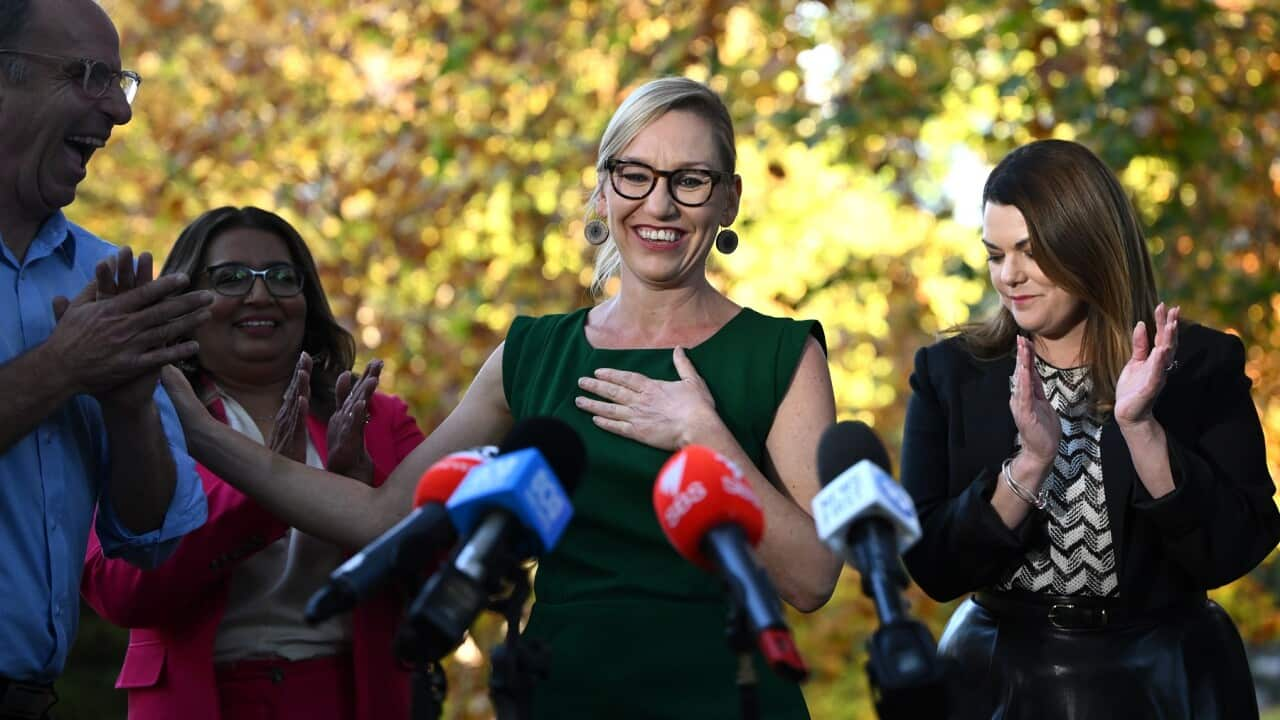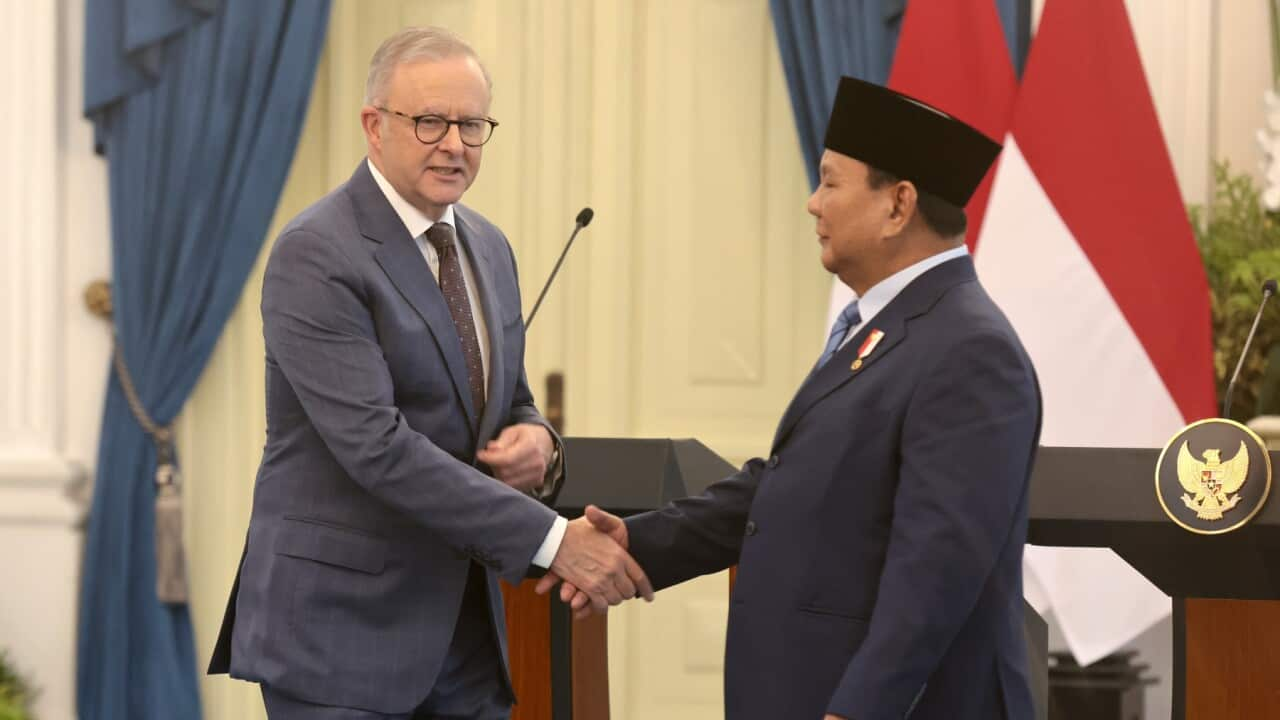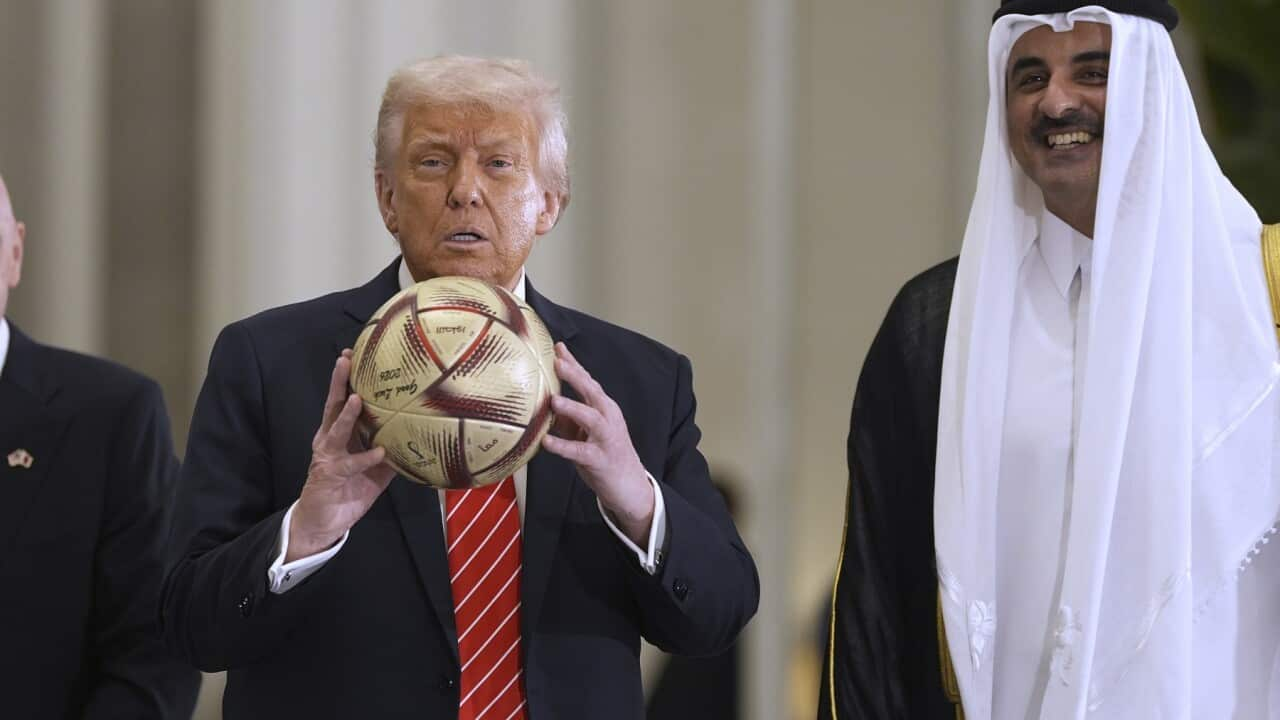Just hours before an initial four-day agreement was set to expire, Hamas and mediator Qatar announced a 48-hour extension of a humanitarian truce with Israel in the Gaza Strip.
Israel has since confirmed an additional 11 hostages taken by Hamas in its October the 7th attacks have been released and are now back in the country, while its prison authorities said a further 33 Palestinians have been released.
The extension, and the fourth exchange so far - again consisting of women and children - has been greeted tentatively by Palestinians and Israelis alike.
Saadya Saad, who is accompanying her grandson while he receives treatment in Egypt after being injured in Gaza, says she hopes for a lasting ceasefire.
“Of course, the truce gave us some relief and a sense of safety that we can go out. But if the truce ended, I will end up feeling very worried about the people in Gaza. Definitely, the truce is good, we wish for it to be extended.”
Zohar Avigdori, whose sister-in-law and niece were released on Saturday, says the pause has left him with "mixed feelings."
“On one hand, getting back my niece and my sister-in-law was a moment beyond emotions. We've been in this weird, surreal reality for 50 days. And even as it continues and as it unfolds on the good side, it's still surreal, but good surreal. And at the same time, we know that the battle isn't over."
The announcement, which will see around ten Israeli hostages and around 30 Palestinians held in Israeli prisons exchanged each day, has been welcomed by the international community.
It brings the number of Israelis freed under the truce to 50, along with 19 hostages of other nationalities, while 150 Palestinians have been released from Israeli prisons so far.
White House National Security spokesman John Kirby says US President Joe Biden has been "deeply engaged" in the Qatar-led negotiations, to "keep the flow going" of the more than 240 hostages taken by Hamas.
“So the approach that we're taking with Israel and quite frankly, with our partners in the region is working. It's getting aid in to people that need it. It's getting a pause in the fighting. It's getting hostages out. It's getting Americans out. And quite frankly, we continue to urge and will continue to urge the Israelis as they conduct military operations to do so with the utmost care for innocent civilian life.”
But UN Secretary General António Guterres has warned the extension is not enough time to meet the aid needs of the Gaza Strip.
“It's a glimpse of hope and humanity in the middle of the darkness of war. And I strongly hope that this will enable us to increase even more the humanitarian aid to the people in Gaza that is suffering so much, knowing that even with that additional amount of time, it will be impossible to satisfy all the dramatic needs of the population in Gaza.”
Hamas' Health Ministry says almost 15,000 people, around two-thirds of them women and children, have now been killed in Gaza since Hamas' October the 7th attacks on Southern Israel, in which Israel says more than 1200 people, mainly civilians, were killed.
The UN says more than 1.7 million people are internally displaced in Gaza out of a population of 2.3 million.
In London, A British-Palestinian surgeon present at the Al-Ahli Arab and Al-Shifa Hospitals in Gaza has described distressing scenes of burns and blast injuries from munitions to a press conference.
Dr Ghassan Abu Sitta says he believes the destruction of the health system and the creation of an "uninhabitable Gaza" was an Israeli military objective.
“Well we have 37,000 wounded and we have, of the 36 original hospitals in Gaza, only nine functioning. None functioning in the northern half of Gaza. Which means that these 37,000 wounded are still with wounds that are open.”
As Israel continues to occupy the northern third of Gaza, discussion has again turned to the political future of the region.
EU Foreign Policy Chief Josep Borell has said at a meeting of Arab states and the European Union in Spain that a two-state solution, with the Palestinian Authority presiding over elections in Gaza, is the answer to the conflict.
“I think it's the only viable solution, but it will be viable if the international community supports it, because otherwise there will be a power vacuum, that will be fertile land for any kind of violent organisations, with forced displacement of people, terrorist threats, insecurity and believe me, us Europeans are the first interested in this not happening.”
Israeli Prime Minister Benjamin Netanyahu, who has previously said Israel's intention is not to govern Gaza itself, has rejected a role for the Palestinian Authority, which also has the support of US Secretary of State Anthony Blinken, due to visit the region again this week.
But Mr Netanyahu, who has commented on the extension of the truce by reiterating Israel would continue its objectives of eliminating Hamas, freeing hostages and preventing any future attacks, has been criticised in Israel for his handling of the hostage crisis.
This woman says she thinks it is only a matter of time before he leaves government.
“No Israeli prime minister survived war and a catastrophe like this. This is the biggest catastrophe we’ve known as a people. I don’t see him continuing. If he does continue, we are in serious problems, but all of the statistics show against it. He’s not going to survive this.”
With Israeli military operations paused in Gaza - although raids have continued in the West Bank - the rise of Islamophobic and antisemitic hate worldwide as a result of the conflict has come into focus.
US President Joe Biden has said he is horrified by the shooting in Vermont of three Palestinian-American college students over the weekend, under investigation as a suspected hate-motivated crime, for which a man has been charged with attempted second-degree murder.
And billionaire Elon Musk, under fire over accusations of antisemitism flourishing on his social media platform X, has toured the sites of Hamas' October the 7th attacks with Israel's President Isaac Herzog.
Mr Musk, who was criticised last week for voicing his support for an anti-Semitic conspiracy theory on the platform, says more must be done to combat dangerous propaganda.
“It's remarkable what humans are capable of if they're fed falsehoods, from when they are children, they will think that the murder of innocent people is a good thing. That is how much propaganda can affect people's minds.”













